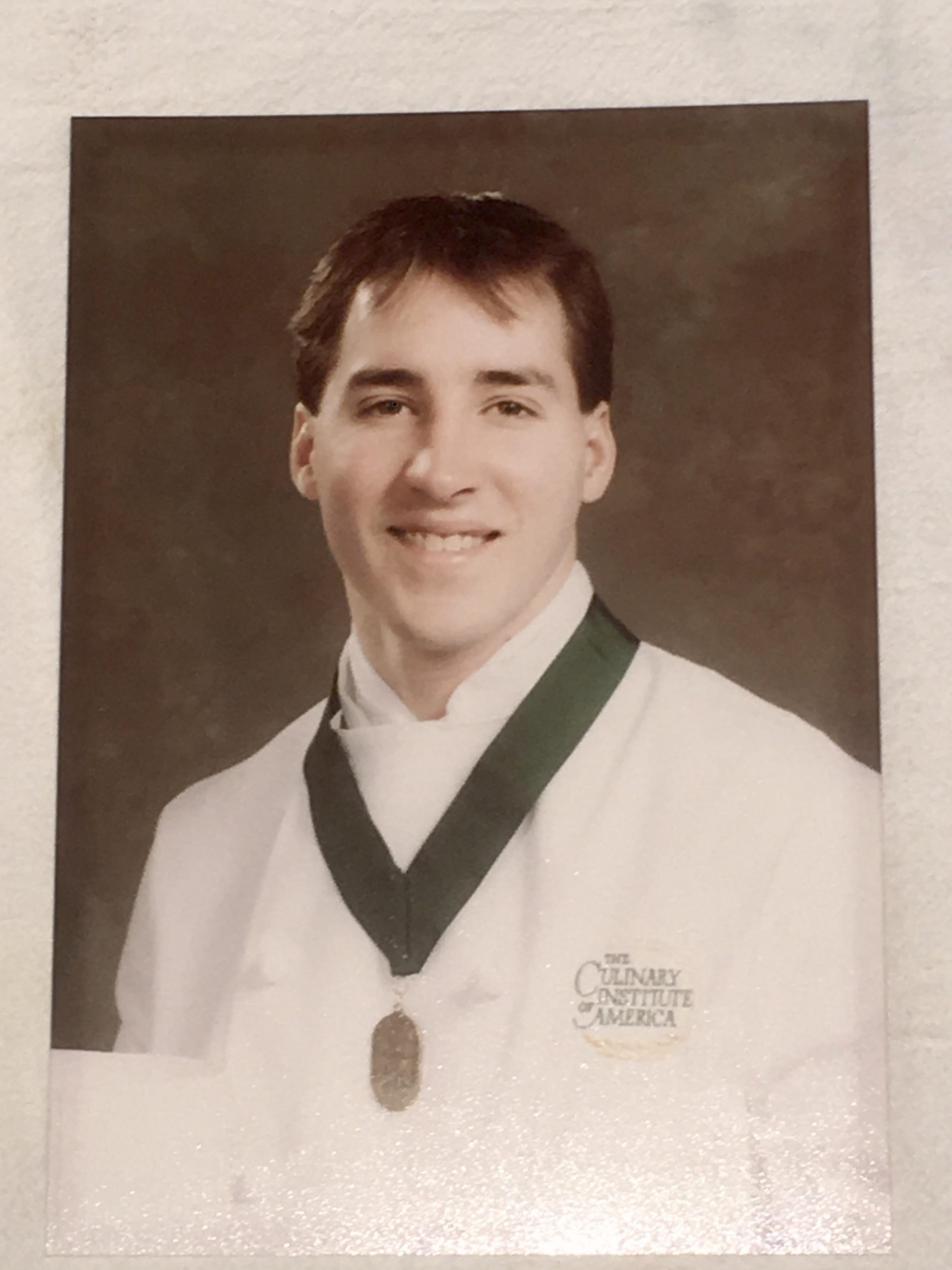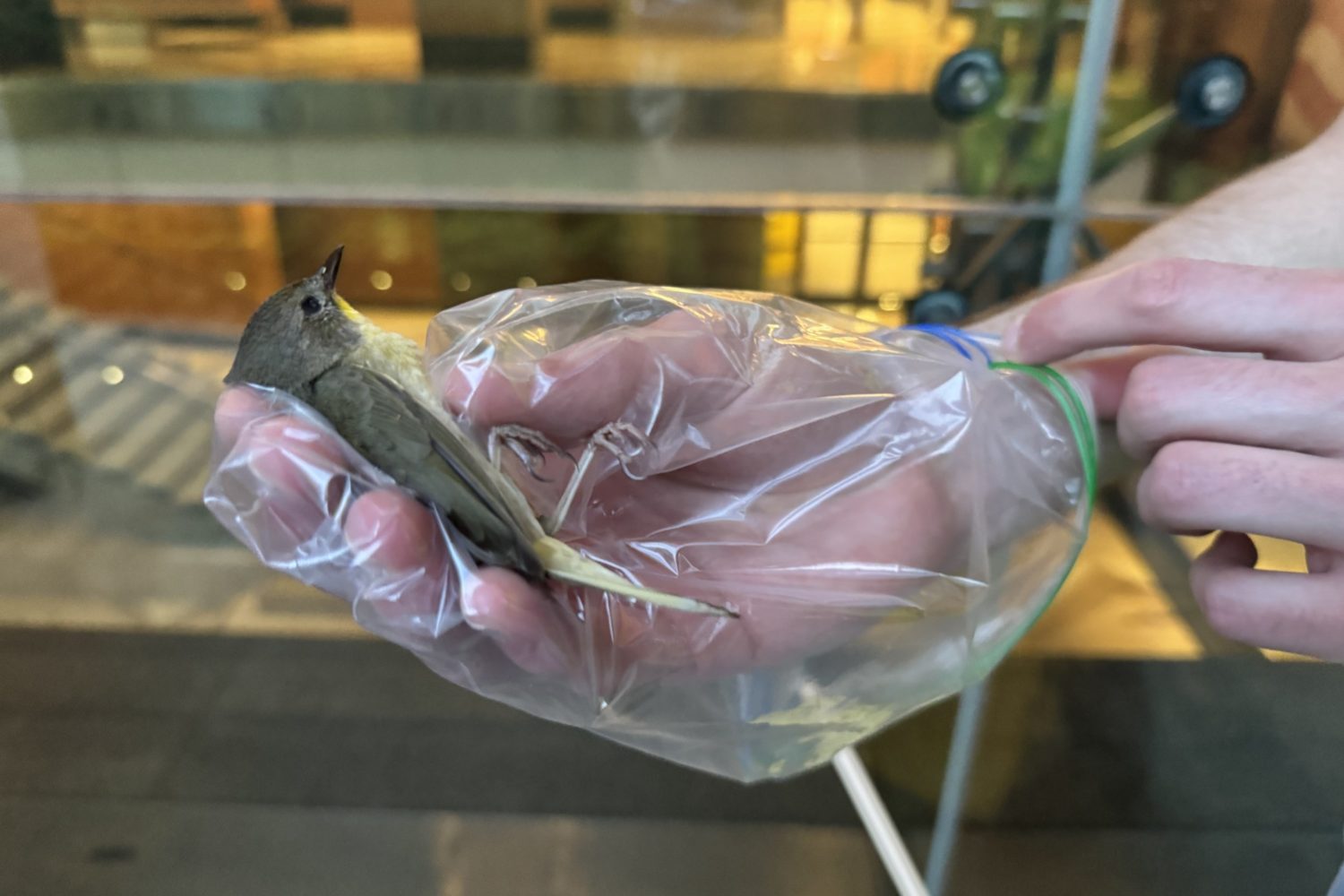“I was 20 or 21 and in culinary school. For Thanksgiving, we had two days off, so it was going to be a rough trip to fly from New York to Iowa and back. I had friends in DC, so I came down. I’d been on one family vacation to Colorado and would spend spring break in Florida—I hadn’t really been anywhere.
“I remember watching people jogging on the Mall, and it hit me as so surreal that you’ve got the Washington Monument and the Capitol and somebody’s just out for a jog, living life. It’s something about Washington I love. When I moved here in ’94, you could go to the Capitol on a Sunday in August and pretend to be the President because there’d be nobody around to tell you you’re not.
“I knew I wasn’t going back to Iowa. One of my culinary-school instructors said, ‘You need to go work for this guy Jeff Buben.’ I came down to Vidalia [Buben’s Southern restaurant in DC], and they offered me a job. At that time, there was a rebirth of American provincial cooking—Jeff Buben and Bob Kinkead are to Washington what Charlie Palmer and David Burke were to New York. A lot of these chefs had grown up in French kitchens and were now doing American food. Everyone was talking about the renaissance of American cuisine. Vidalia was a small kitchen. Peter Smith was one of the sous chefs. Cathal Armstrong started about six months after I did. Ted Walker still works for Buben. It was a pretty intense environment.
“I lived at 20th and F, on the edge of GW. I’d ride my bike to Chinatown on my days off—I went to Full Kee a lot. I’d go to the Maine Avenue fish market to buy soft-shells because that was a novelty for me. [My fellow cooks and I] would go to Bistro Française in Georgetown. We’d try to make last call and order a bottle of red wine and eggs Benedict. One of my most vivid memories is being a 22-year-old cook with no money. You’re in Georgetown at 2 in the morning—you’d see people like us in post-work attire, and then people in black tie coming from an event and stopping for a nightcap. That’s magical. Whatever you were looking for at that moment in time is what it could be.”
This article appears in the December 2021 issue of Washingtonian.


















